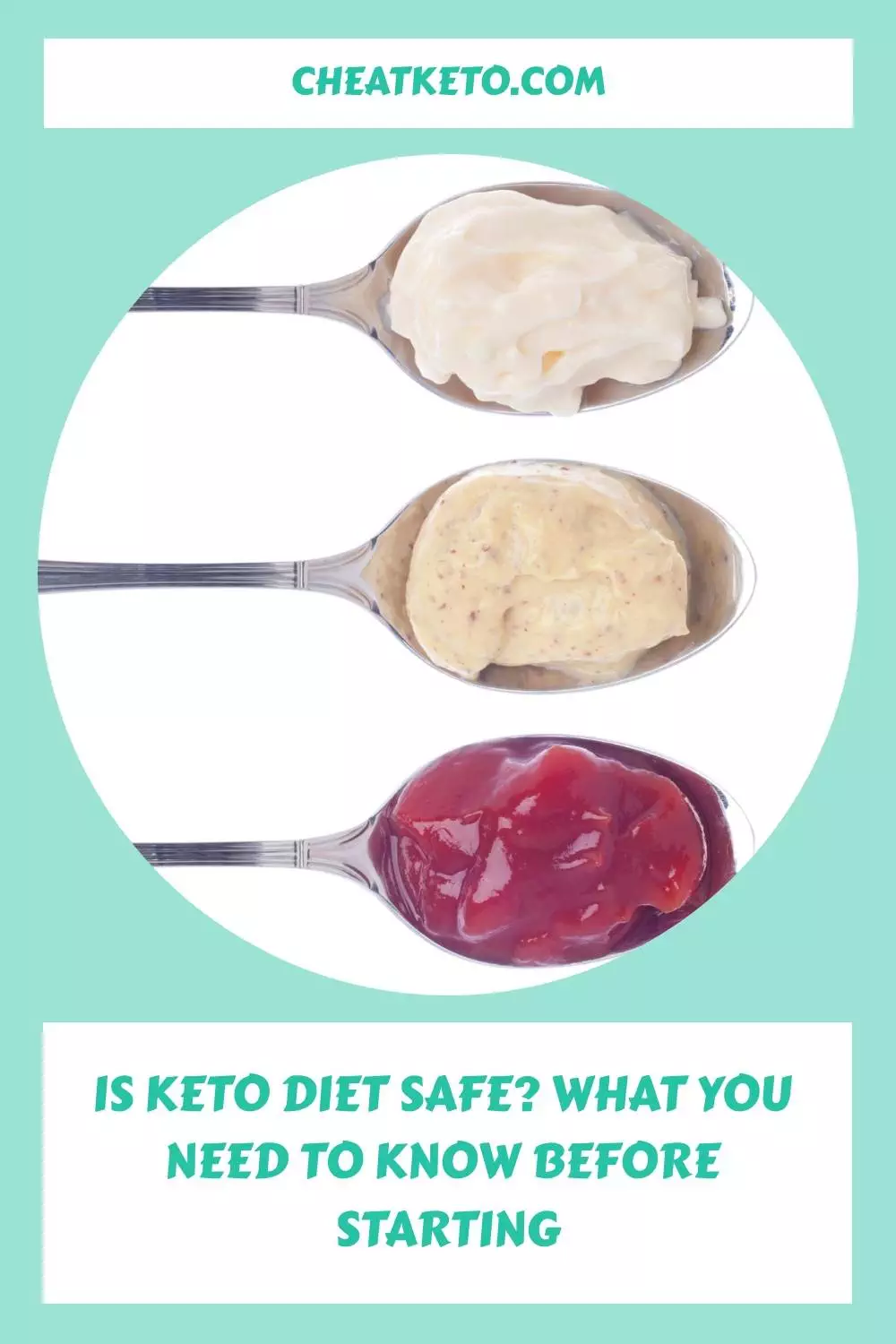
Is Keto Diet Safe? What You Need to Know Before Starting
Keto Diet Safeic diet, or simply the “keto” diet, is a low-carb, high-fat eating plan that has gained popularity in recent years for its potential weight loss benefits. But while many people are eager to try this diet, there are also concerns about whether it’s safe and healthy. In this article, we’ll explore what you need to know before starting the keto diet.
Introduction to the Keto Diet
The keto diet involves drastically reducing your intake of carbohydrates (including sugars and starches) and replacing them with fats and moderate amounts of protein. This puts your body into a state called ketosis, where it burns fat instead of glucose as fuel. The goal is to achieve a target level of ketones in the bloodstream, which can be measured using urine strips or a breath analyzer.

What Is the Keto Diet?
The keto diet typically consists of 70% fat, 25% protein, and only 5% carbs. That means you’d be eating foods like avocados, nuts, seeds, coconut oil, fish, chicken, eggs, and non-starchy vegetables like leafy greens and cruciferous veggies. It’s important to note that the keto diet isn’t just another low-calorie diet – it’s specifically designed to change the way your body uses energy by altering your metabolism.
Is the Keto Diet Safe for Weight Loss?
While some studies have shown promising results for short-term weight loss on the keto diet, there are still questions about its long-term safety and effectiveness. Some experts worry that the extremely low-carb approach may lead to nutrient deficiencies, especially if you don’t eat enough fruits and vegetables. Others caution against the high levels of saturated fat found in many keto recipes, which could increase inflammation and raise cholesterol levels over time.
Short-Term and Long-Term Effects of the Keto Diet
In terms of short-term effects, some people report feeling more energized and focused when following the keto diet. However, others experience side effects such as constipation, headaches, dizziness, and bad breath due to the changes in fluid balance and electrolyte levels. Overall, more research is needed to fully understand the long-term effects of the keto diet on various aspects of health beyond weight loss.
Who Should Avoid the Keto Diet?
Certain groups should exercise caution before trying the keto diet, including those with kidney disease, liver disease, pancreatic insufficiency, or any other underlying medical condition that affects their ability to digest or process fats. Pregnant women and breastfeeding mothers should also avoid the keto diet, as well as anyone taking medications that interact with ketone bodies or electrolytes.
Conclusion: The Safest Way to Do the Keto Diet
If you do decide to try the keto diet, it’s essential to work closely with a qualified healthcare professional who can monitor your progress and make adjustments as necessary. Be sure to stay hydrated, get plenty of sleep, and listen to your body’s signals of hunger and fullness. Finally, remember that no single diet works for everyone, so keep an open mind and be willing to experiment until you find what works best for you.

